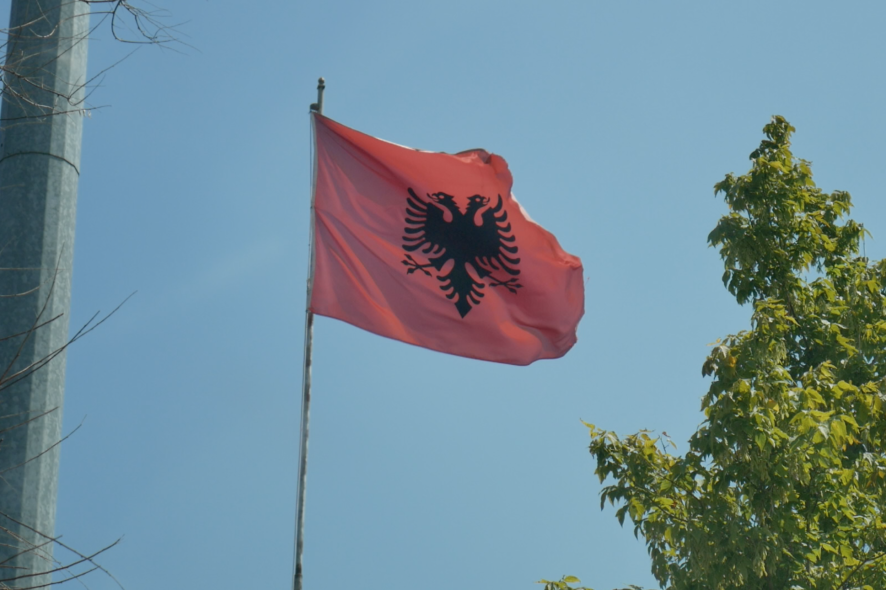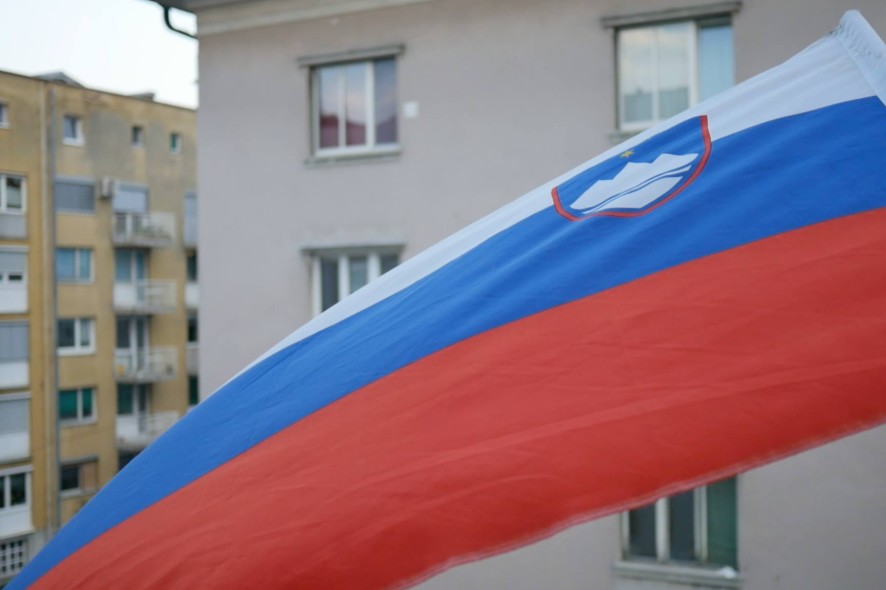by Marsida Bandilli
Albania is a relatively small country, located in the South-East of Europe. It has a population of approximately 3.5 million people. Its neighboring countries are: Kosovo, Montenegro, Macedonia and Greece. In its western side, Albania is flanked by the Adriatic and Ionian seas. Italy is the closest country, across Adriatic sea. The capital of Albania is Tirana, one of the most important cities in the country. Tirana is a hub, where most of the economy, politics and administration takes place. Contrary to the outmost prevailing believes, Albania indeed is a very rich country. Its richness stands on: history, myths, legends, culture and hospitality.
The Culture
If it ever happens that you come across Albania, there is one particular element that you would definitely notice, no matter the city you are visiting. “Let’s grab a coffee” is one of the most popular expressions, for Albanians of every generation. Albanians, they do not simply love their coffee, but they would rather “get drunk” in coffee. There is a bit of mystery in every single grain. Coffee is the bittersweet taste of life, that puts everyone in a perpetual state. It makes you talks and discuss about everything: starting from politics and education, to travel, religion and relationships too.
Hospitality: the generous and friendly treatment of visitors, is one of the core values for Albanian culture. Whenever the guest or stranger knocks on the door, you greet with a warm smile and make him feel home. The best meal is prepared and the most comfortable shelter is offered, because the guest is always special.
Albania has an old and enriching history. Great myths, tales and legends are still much alive in the mountains of Albania. One of the fragments that demonstrates Albania’s ancient cultural landscape is the old town of Butrint. The historic cities of Berat and Gjirokastra are inscribed as rare examples of architecture. They are a true witness of the wealth and diversity of urban and architectural heritage of Albania. The country itself offers a spectacular and diverse terrain: mountains and sea, rivers and forests. Very rare it is the Albanian language. It belongs to the European family of languages, but strands in its own branch without any close relatives. The country is well-known for its religious tolerance between the Muslim and Christian communities.
European Integration
So far, Albania is a member of the United Nations, NATO, the Organization for Security and Co-operation in Europe, the Council of Europe and the World Trade Organization. A major achievement that was largely congratulated was the official candidate status of the EU. For a long time, Albania was considered a potential candidate country for the EU Membership. In June 2014, in recognition of its progress, the European Council granted EU candidate status to Albania. Major achievements were applauded, but after advancement of reforms in key sectors, there will be an opening of the accession negotiations. The last progress report about Albania-EU relations came out in October 2014. Progress in specific areas was marked towards fulfilling the political criteria and towards becoming a functional market economy, visa roadmap, public administration etc although more efforts should be made for example in the judiciary system, elections and so on. Local elections took place just a few months ago in the country. Rather than that, key European representatives are visiting Albania, for the sake of strengthening more collaboration with the EU in general, but with other counterparts in the region, in particular. The chancellor of Germany, Angela Merkel visited Albania in the beginning of July, followed by the President of the European Parliament, Martin Schulz.
But something is sure: if you ask the public opinion about what do they think for enlargement: almost 90% of them would say that they would like Albania to be a member state of the European Union. If you put everything into historical perspective: the restriction of movement, of living and generally building your life in Europe- was an unimaginable phenomenon, before the 1990s. Most of people see European Union as one of the biggest political constructions of Europe. It doesn’t represent just a project, it is rather the idea of belonging to the continent, the European identity, solidarity and promotion of “united in diversity”.
It is also unquestionable that the eagle- the messenger of highest gods is spreading its wings from the highest cliff of the stiff mountain of Albania to Europe and everywhere in the world: “Albanians have a vision. They are an indispensable part of the European identity. Their enriching history and vivid culture are a real testimony why Albania is a small but a very precious-stone of the Mediterranean.”





